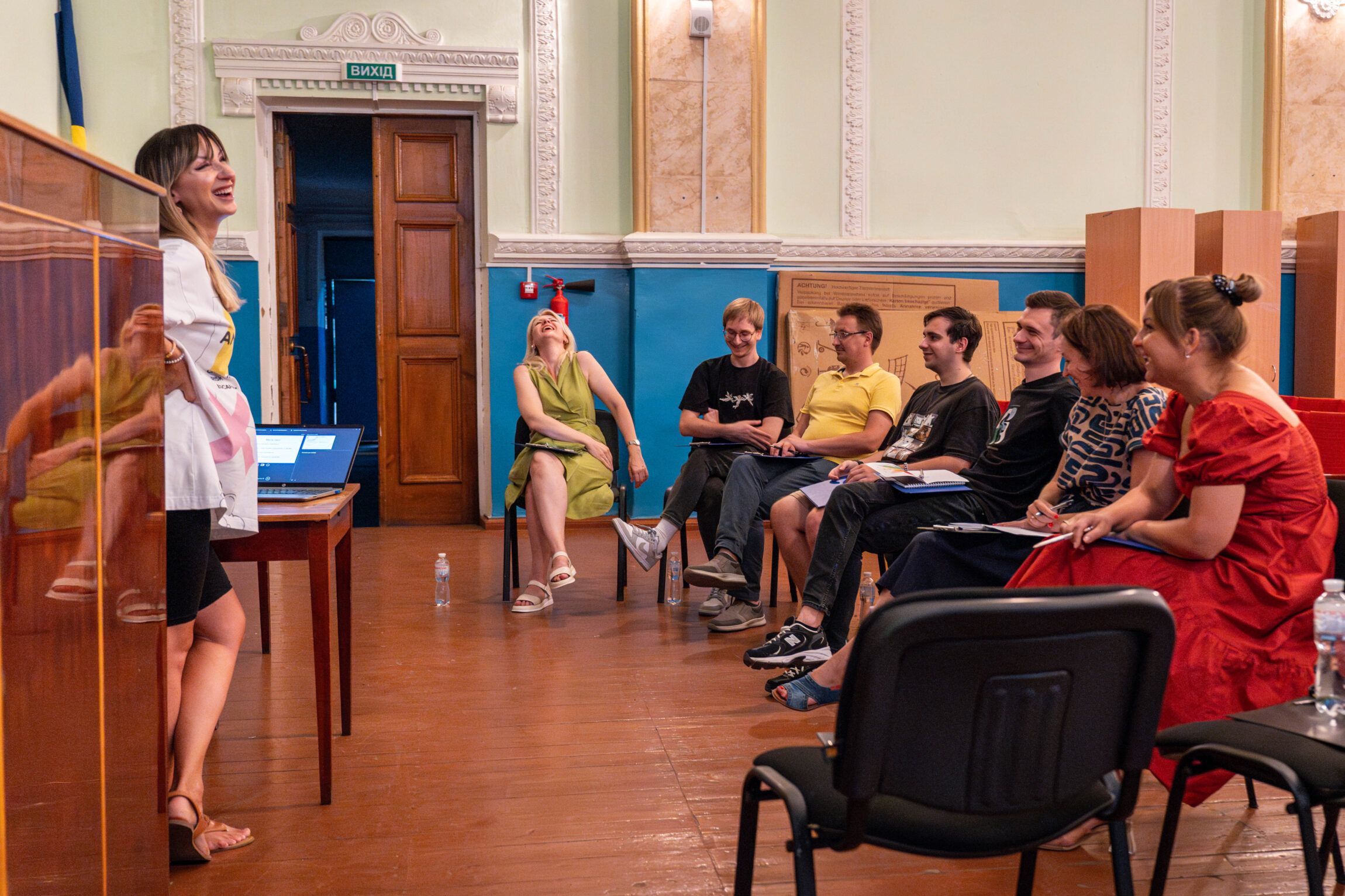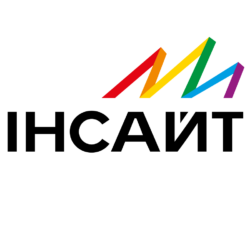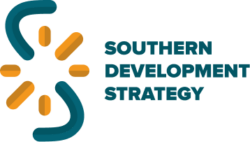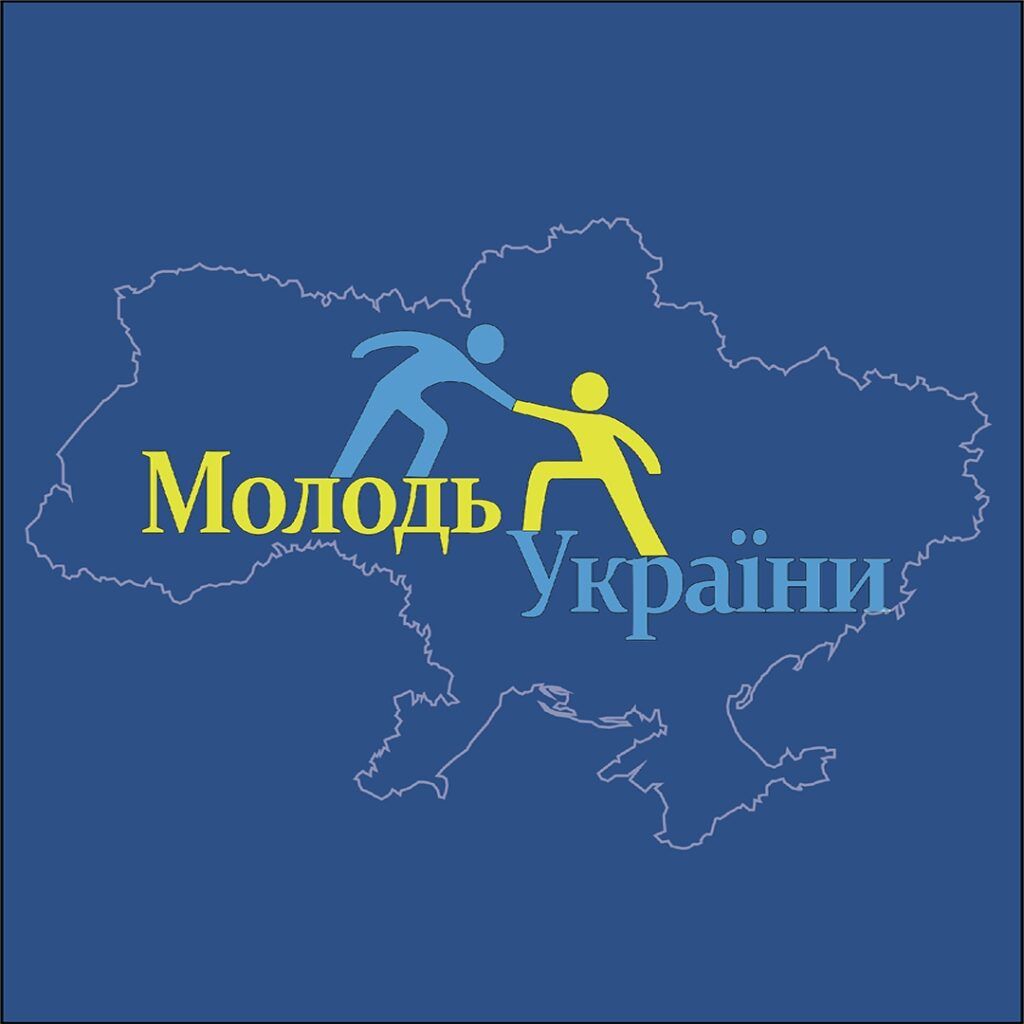The Issue
Since the launch of the full-scale invasion, Ukraine has been facing a complex humanitarian crisis characterized by widespread displacement, infrastructure destruction, and disruptions to essential services. The number of people needing humanitarian assistance has soared to 14,6 million.
Millions lack accessible water, adequate healthcare, and basic necessities, with winter intensifying vulnerabilities for displaced families and those in frontline areas. Urban centres suffer mass devastation, leaving civilians in besieged areas without food, water, or heat for weeks, all under constant threat of bombardment. Gender roles have shifted, with women often becoming sole heads of households due to displacement and family separations, while men are predominantly engaged in combat roles, facing severe risks and mental health challenges.
The war has created a mental health crisis, with an estimated 15 million people requiring psychological care – over a third of the Ukrainian population. Stress, trauma, and PTSD are pervasive, worsened by economic hardship and social disruption. The lack of adequate healthcare, crowded shelters, and unsafe water further heightens disease risks. Addressing these challenges requires a holistic, community-focused approach that integrates mental health support into broader humanitarian efforts to rebuild lives and communities.

The Project
The project aims to support over 210,000 people in conflict-affected areas of southern Ukraine. The areas and populations were selected based on assessments from local partners, community organizations, and authorities, in line with 2024 humanitarian priorities.
The project will be carried out by national partners and DCA/NCA, working together to meet urgent needs. To reach people in hard-to-access areas, the project includes online mental health and psychosocial support and gender-based violence case management through digital platforms. It also strengthens local partners by offering support to their staff and enhancing their operational capabilities.
The project integrates protection measures into existing DCA/NCA mine action activities and uses remote and mobile case management to help vulnerable groups in challenging locations. It also combines water, sanitation and hygiene activities with mine action expertise to improve care in communities.
Community integration is key, with support particularly for veterans and displaced persons to encourage empowerment and social cohesion. The project includes initiatives focused on gender-based violence prevention and psychoeducation to reduce violence and help those affected by the war, creating a resilient community in Eastern Ukraine.

The Change
This project focuses on providing essential support to vulnerable communities in southern and eastern Ukraine by combining Water, Sanitation, and Hygiene (WASH) services with protection activities. It aims to help communities recover from the war, improve access to water and sanitation, and offer mental health and safety services.
Key changes from the project include:
- Protection Services: Mobile and remote Gender-Based Violence (GBV) case management, mental health support (MHPSS), and peer support groups for vulnerable groups and veterans. Safe spaces for women and girls will be set up in multiple locations, and digital platforms will offer MHPSS/GBV support.
- WASH Services: Repairing and upgrading vital water and sanitation infrastructure, including sewage pipelines, water towers, and heating systems. This also includes building trust with local partners and authorities for equitable service delivery, especially for elderly and disabled people.
- Community Outreach: Providing hygiene items to health facilities, organizing awareness activities, and supporting newly displaced populations with water and hygiene services in shelters.
- Capacity Building: Training local partners on GBV, MHPSS, and self-care techniques to help prevent burnout.
This integrated approach aims to reduce the impact of the war and provide long-term recovery support to affected communities.
Our Partners
DCA/NCA is working with the following partners to implement the project. These partners play a critical role in addressing GBV, mental health needs, and WASH challenges in conflict-affected areas.
Ukraine Mental Health
Provides mental health support through digital platforms, helping vulnerable populations across Ukraine since August 2023.

Insight
Expanding support networks by establishing three Women and Girls Safe Spaces in Vinnitsa, Chernivtsi, and Zaporizhzhia, and facilitating peer support groups and psychosocial services in eastern Ukraine.

Southern Development Strategy (SDS)
An experienced WASH partner handling complex technical projects and working with multiple authorities to ensure successful implementation.

Youth of Ukraine (YoU)
Implementing WASH projects with a focus on clean and safe drinking water among other roles.

Our Work
DCA/NCA works in Ukraine to empower individuals and communities to enhance their resilience in the face of the diverse and devastating impacts of war. Our focus is on assisting communities in mitigating risks, adapting to challenges, and connecting long-term development efforts with emergency responses. We foster self-confidence, trust, and community cohesion.
About the project
Full title: WASH and Protection for Frontline Resilience
Period: January 2024 to December 2024
Partners:
Ukraine Mental Health
Insight
Southern Development Strategy (SDS)
Youth of Ukraine (YoU)
Funding: 35.000.000 NOK
Expected number of people reached: 213.330
Main Donor: Norad


